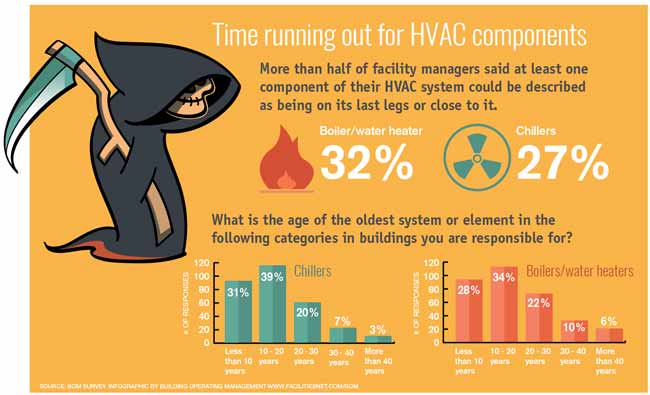The Future Of Home Home Heating - Just How Heat Pump Modern Technology Is Evolving
The Future Of Home Home Heating - Just How Heat Pump Modern Technology Is Evolving
Blog Article
Published By-Fraser Oliver
Heat pumps will be an essential technology for decarbonising heating. In a scenario constant with federal governments' introduced energy and climate dedications, their worldwide capacity increases by 2030, while their share in home heating rises to one-quarter.
They work best in well-insulated homes and count on electrical power, which can be supplied from a renewable power grid. Technical breakthroughs are making them more efficient, smarter and less costly.
Fuel Cells
Heat pumps make use of a compressor, cooling agent, coils and followers to relocate the air and heat in homes and devices. They can be powered by solar power or electrical power from the grid. They have actually been gaining appeal as a result of their affordable, silent operation and the ability to produce electricity during peak power demand.
Some business, like IdaTech and BG MicroGen, are working on fuel cells for home heating. These microgenerators can change a gas central heating boiler and create a few of a residence's electric demands with a link to the electrical energy grid for the rest.
But there are see here to be skeptical of using hydrogen for home heating, Rosenow states. It would be costly and inefficient contrasted to various other innovations, and it would certainly contribute to carbon exhausts.
Smart and Connected Technologies
Smart home technology permits home owners to connect and manage their tools from another location with the use of smartphone apps. For instance, wise thermostats can discover your heating choices and immediately get used to enhance power intake. https://www.washingtonpost.com/climate-solutions/2021/07/23/passive-cooling-heat-wave/ can be regulated with voice commands and immediately switch off lights when you leave the area, lowering power waste. And wise plugs can monitor and manage your electric usage, enabling you to determine and restrict energy-hungry appliances.
The tech-savvy household shown in Carina's interview is an excellent illustration of exactly how owners reconfigure area heating methods in the light of brand-new clever home modern technologies. They count on the gadgets' automated attributes to perform everyday modifications and regard them as a convenient means of performing their home heating techniques. Thus, they see no reason to adapt their practices better in order to enable adaptability in their home power demand, and interventions targeting at doing so might encounter resistance from these families.
Electrical power
Because heating homes make up 13% people discharges, a switch to cleaner options can make a large distinction. Yet the technology deals with challenges: It's expensive and needs considerable home restorations. And it's not constantly compatible with renewable energy resources, such as solar and wind.
Until recently, electrical heat pumps were too pricey to take on gas models in the majority of markets. But brand-new innovations in design and products are making them more affordable. And much better chilly environment efficiency is enabling them to function well also in subzero temperature levels.
The following step in decarbonising home heating may be the use of heat networks, which draw warmth from a main source, such as a close-by river or sea inlet, and disperse it to a network of homes or buildings. That would certainly lower carbon emissions and allow homes to make use of renewable resource, such as environment-friendly electrical power from a grid supplied by renewables. This option would be less expensive than changing to hydrogen, a fossil fuel that calls for new framework and would just lower CO2 exhausts by 5 percent if paired with improved home insulation.
Renewable resource
As electricity prices go down, we're beginning to see the very same fad in home heating that has actually driven electrical vehicles into the mainstream-- however at an even quicker speed. The solid environment instance for impressive homes has actually been pushed further by brand-new study.
Renewables make up a considerable share of contemporary warm intake, yet have been provided minimal policy interest globally contrasted to other end-use industries-- and also much less attention than power has. Partially, this mirrors a mix of customer inertia, divided motivations and, in many countries, subsidies for fossil fuels.
New technologies could make the shift less complicated. For example, heatpump can be made extra energy efficient by changing old R-22 cooling agents with brand-new ones that don't have the high GWPs of their predecessors. Some experts additionally picture district systems that draw warmth from a neighboring river or sea inlet, like a Norwegian fjord. The cozy water can then be made use of for heating & cooling in a neighborhood.